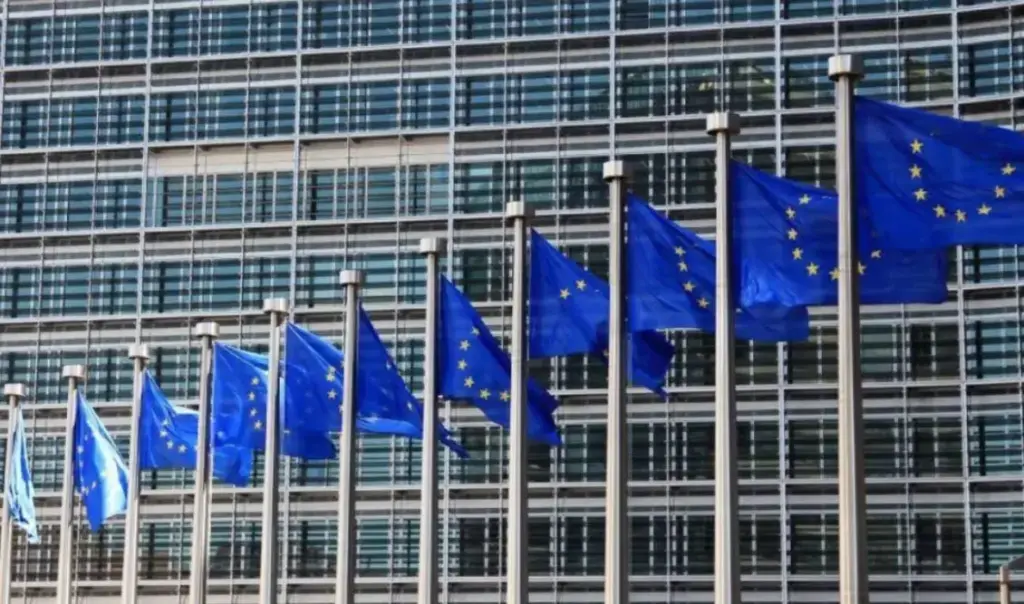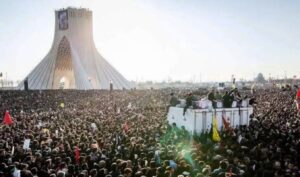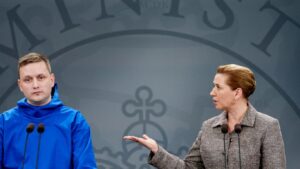European capitals are in intense diplomatic fever in recent hours, as Berlin, Paris and London, in coordination with Kyiv, are developing a joint strategy ahead of the scheduled meeting between Vladimir Putin and Donald Trump in Alaska. Late Saturday night, Germany, France, Italy, Poland, the United Kingdom, Finland and the European Commission issued a joint statement, in which they welcomed Trump’s initiatives, but emphasized that international borders must not be changed by force. They also stressed that only a combined approach—with active diplomacy, support for Ukraine and pressure on Russia—can bring substantial results.
The president of Ukraine, Volodymyr Zelensky, welcomed the joint European position, emphasizing that peace must be “just” and protect the interests of both Ukraine and Europe. “I am grateful to those who stand with us for the sake of sustainable peace, which safeguards the vital security interests of all European states,” he stated through a post on X.
According to the Wall Street Journal, leaders such as Emmanuel Macron, Keir Starmer and Friedrich Merz rejected Putin’s proposal to recognize the entire Donbas region as Russian territory in exchange for a ceasefire. For Europeans, any discussion about territorial concessions can only take place after achieving a ceasefire, while they demand security guarantees for Ukraine and the prospect of its future NATO membership. As the New York Times reports, Europeans do not want to repeat a “Yalta-type” scenario, where great powers decide the fate of entire regions without the concerned countries. There is intense fear that a direct Putin-Trump agreement could bypass Ukraine and the Europeans, leaving them out of the negotiation table.
Emmanuel Macron, with his public intervention, emphasized that “the future of Ukrainians cannot be secured without Ukraine” and that Europe must participate actively, as its own security is at stake. He, along with Starmer and Merz, had telephone conversations both among themselves and with Zelensky to coordinate their positions. The Ukrainian president, for his part, made a new appeal for respect for his country’s territorial integrity, while warning that Moscow seeks to exploit the situation to consolidate its gains on the battlefield.
@parapolitika Alarm bells ring in Europe. The surprise summit in Alaska between Vladimir Putin and Donald Trump causes concern in Paris, Berlin and London. The fear? That Europe will be excluded from critical decisions about Ukraine and Putin will gain exactly what he wants. #parapolitikagr #tiktokgreece #greece
EU: Need for Ukrainians to “decide their own future” – Talks tomorrow between Zelensky, European leaders and Trump
EU leaders today insisted on the need for Ukrainians to be able “to decide their own future,” three days before the meeting between Donald Trump and Vladimir Putin. “We, the leaders of the European Union, welcome President Trump’s efforts to end Russia’s aggressive war against Ukraine and achieve a just and sustainable peace for Ukraine,” they write in a text, which Hungary did not sign. “Ukrainians must have the freedom to decide their own future,” the statement adds.
“The road to peace in Ukraine cannot be decided without Ukraine,” European leaders insist, who believe that substantial negotiations can only be conducted “within the framework of a ceasefire or a reduction of hostilities” and add that “our common conviction is that a diplomatic solution must protect the vital security interests of Ukraine and Europe.”
Talks tomorrow between Zelensky, European leaders and Trump
Ukrainian President Volodymyr Zelensky and European leaders are set to have talks tomorrow, Wednesday, with Donald Trump. The latter spoke vaguely about his expectations, saying he hopes for a “constructive” meeting in Alaska and emphasizing in passing in approving tones that he “greatly respects” the fact that his Russian counterpart agreed to travel to American soil.
Trump added a rather worrying observation for the Ukrainian president and his European allies, saying he is “a bit annoyed” that (Volodymyr) Zelensky says “I must have constitutional approval” to cede territory. “Because there will be territorial exchanges,” he predicted, while the Russian army currently occupies about 20% of Ukrainian territory.




